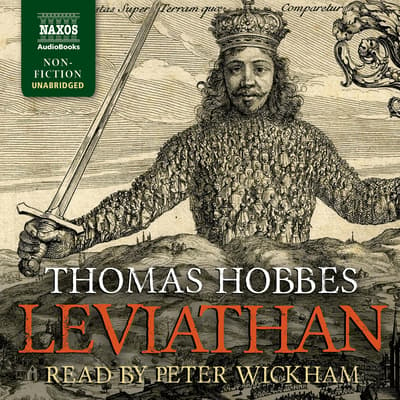
According to Hobbes, individuals are by nature equal in their abilities. Even though it seems that in such a state of nature the strong would triumph over the weak and some natural equilibrium would be instituted, the nature of power distribution prevents this from occurring. On the other hand, Hobbes claims that people are never satisfied with any amount of power and are thus always in a power struggle with others. If the appetites of individuals had limits, the conflict between people would not be as complicated. Because many people desire the same goals, they are in a continual state of competition and conflict with each other. As such, people have certain ends on their minds that they are seeking to achieve. Hobbes noted that people are continuously moved by what they both dislike and like. An understanding of human nature will allow people to progress from the state of nature to a stable and civilized society. In the chapter “Of the Natural Condition of Mankind as Concerning their Felicity and Misery,” Thomas Hobbes directs his study to that of human nature. Even though Hobbes rejected the divine right of kings to rule over their citizens, he argued that a powerful king is needed to rule to prevent any instability or societal disorder. The most famous work written by Thomas Hobbes is “Leviathan,” which was written in 1651 in response to the English Civil War, which resulted in the establishment of a parliamentarian system and the reduction in the power of the monarchy.

During his life, Hobbes published many different works on subjects ranging from political theory, philosophy, and history. Hobbes was a proponent of social contract ethics, which is the idea that both an individual’s moral and political obligations are dependent upon a contract or agreement among them to form the society in which they live in. One of the most influential philosophers in recent history is Thomas Hobbes, who was active in Great Britain during the 17th Century.


 0 kommentar(er)
0 kommentar(er)
